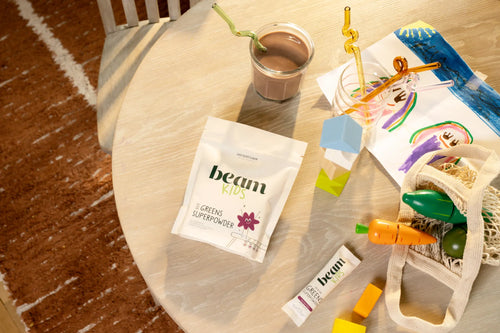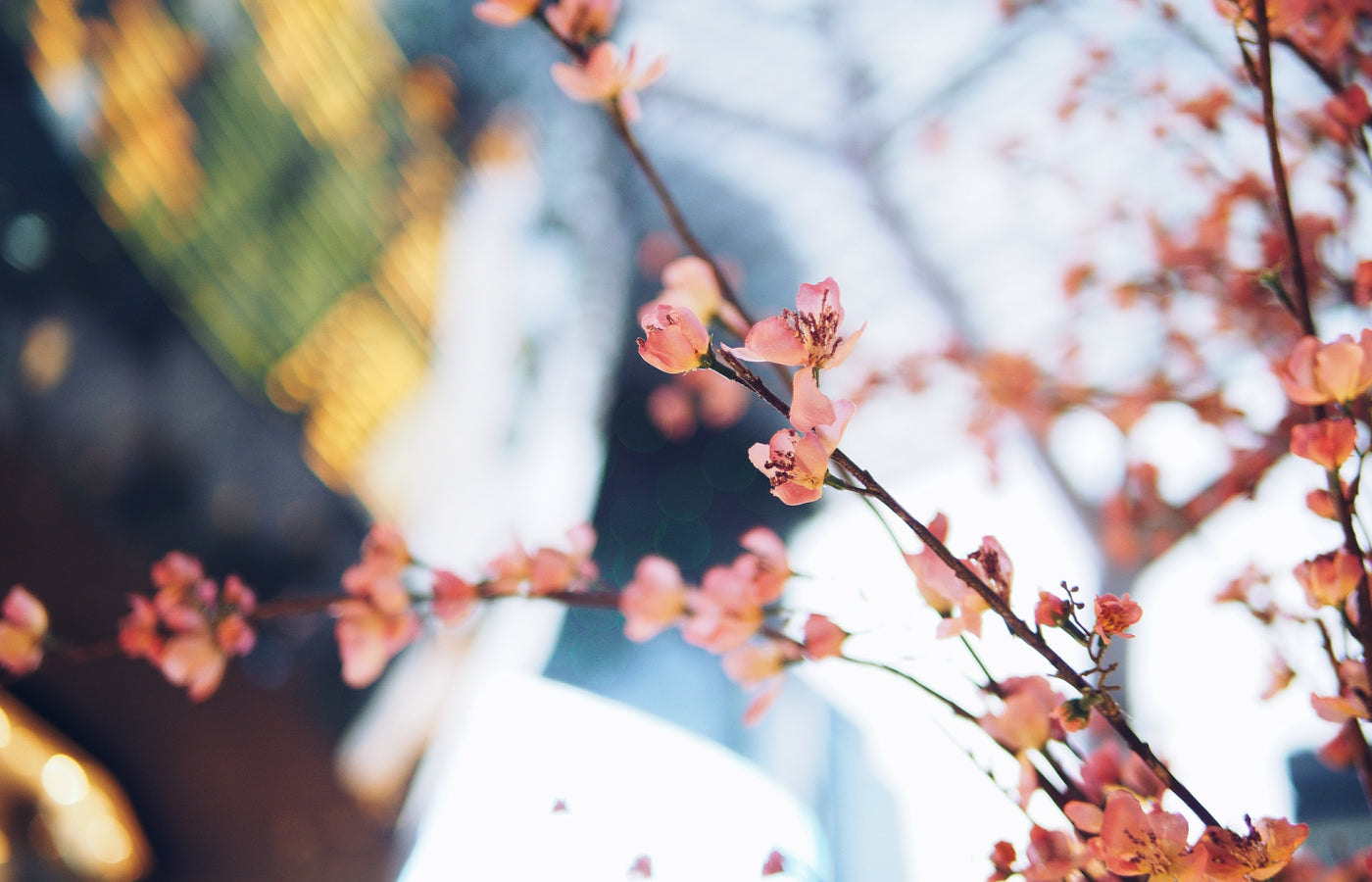Itching eyes, running nose, and incessant sneezing are not ideal conditions for sleep. Unfortunately, many people who have allergies report decreased sleep quality during allergy season. Read more about why allergies can keep you tossing and turning, and how to help your body fall asleep even when the pollen is flying.
The bad news: according to the Sleep Foundation, up to 40% of Americans suffer from allergies. The really bad news: “Individuals with allergies are more than twice as likely to have insomnia than those without allergies.”
It’s no secret why that is: allergies are uncomfortable. Falling asleep requires a level of relaxation that simply isn’t possible when you’re constantly waiting for the next sneeze attack. Allergies also tend to affect your breathing, which is an important part of the rest process. On top of all that, even if you do manage to fall asleep, nasal irritation and congestion can wake you up at any moment. Relaxing? Not really. To make matters worse, the lack of sleep can cause even more stress—which can then lead to more sleepless nights. If it seems like a double-bind, that’s because it is.
Falling Asleep with Allergies
If allergies are a part of your springtime reality, we have a few tips on how to wind down without the wheezing.
Tip #1:
Use an air purifier.
According to the Sleep Foundation, using an air purifier is the first step toward a congestion-free night. An air purifier can, “help clear your bedroom air of common household allergens like mold, dust mites, pet dander, and even pollen brought in from outside.”
Tip #2:
Use an air conditioner instead of opening the windows.
This one may feel like a no-brainer, but many people keep their windows open at night to cool their bedroom without running up a high electricity bill. Remember: pollen and other allergens are swarming outside. If your allergies are bad, experiment for a night or two with running the AC and keeping the windows shut.
Tip #3:
Keep pets outside. (We know, this one’s hard.)
We know there’s nothing quite as cute as snuggling with your pup at the end of a long day, but consider leaving pets outside the bedroom during the springtime. Dogs and cats can acquire a coat of allergens on their fur, which can make falling asleep extra difficult. Sorry, Fido.
Tip #4:
De-stress with a bedtime routine.
Whether it’s a nightly meditation session, jotting down your thoughts in a journal, 5 minutes of box breathing, or a cup of delicious Dream Powder or our other natural sleeping remedies, a consistent bedtime routine is a great way to signal to your body that it’s time to relax. Our sleep powder contains 5 powerful natural ingredients, including Apigenin, Reishi, Magnesium, L-Theanine, and Melatonin, to help you get your best sleep ever.
Best of luck this Allergy Season!




